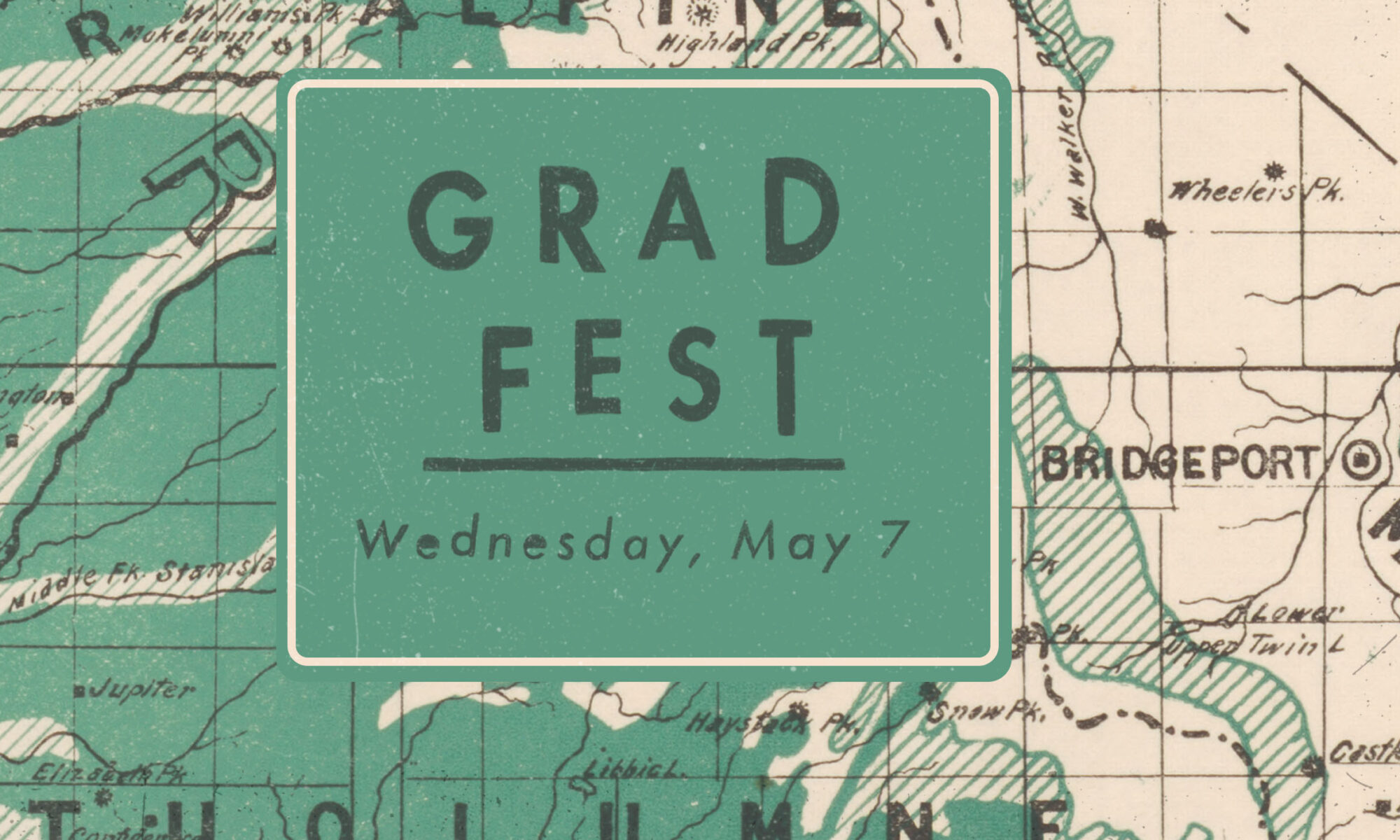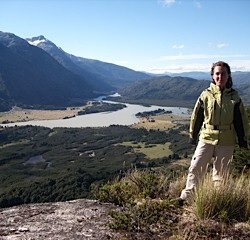“Regulatory Science in Transition: Environmental Politics in Chile, 1980-2010”
(Introduction by David Winickoff)
I examine how ideas and expertise shape political processes in emerging democracies.
My dissertation, Contesting Democracy, Buying Experts: Environmental Conflicts and Assessments in Chile, examines how scientific and technical rationality are used in collective decision-making. Chile is a fascinating case study because its institutions and policies epitomize global governance trends: the privileging of markets, property rights, private initiative and “technocratic” decision-making, all seemingly deployed with great success. I analyze four emblematic environmental conflicts that challenge Chile’s development success story: a gold mine that threatened glaciers in the dry central Andes (2005); a paper and pulp mill whose pollution allegedly provoked the disappearance of hundreds of black-neck swans (2005); the near-collapse of the farmed salmon industry due to an illness epidemic (2008); and the proposed construction of five mega-dams in the Patagonia (2011).
My dissertation examines how scientists are enrolled as experts in environmental impact assessments (EIAs) to interrogate how credible regulatory institutions are built in an emerging democracy. I find that the EIA itself becomes an object of controversy: it fails to legitimate projects, as in the gold mine and the Patagonian dams, and it fails to exercise accountability, as with the black-neck swans and salmon. I trace the EIAs’ failures to the different expectations actors hold about the adequate role of expertise and potential for conflicts of interest. These undermine scientists’ credibility and lead to the exclusion, for example, of environmental concerns from the regulatory process.

